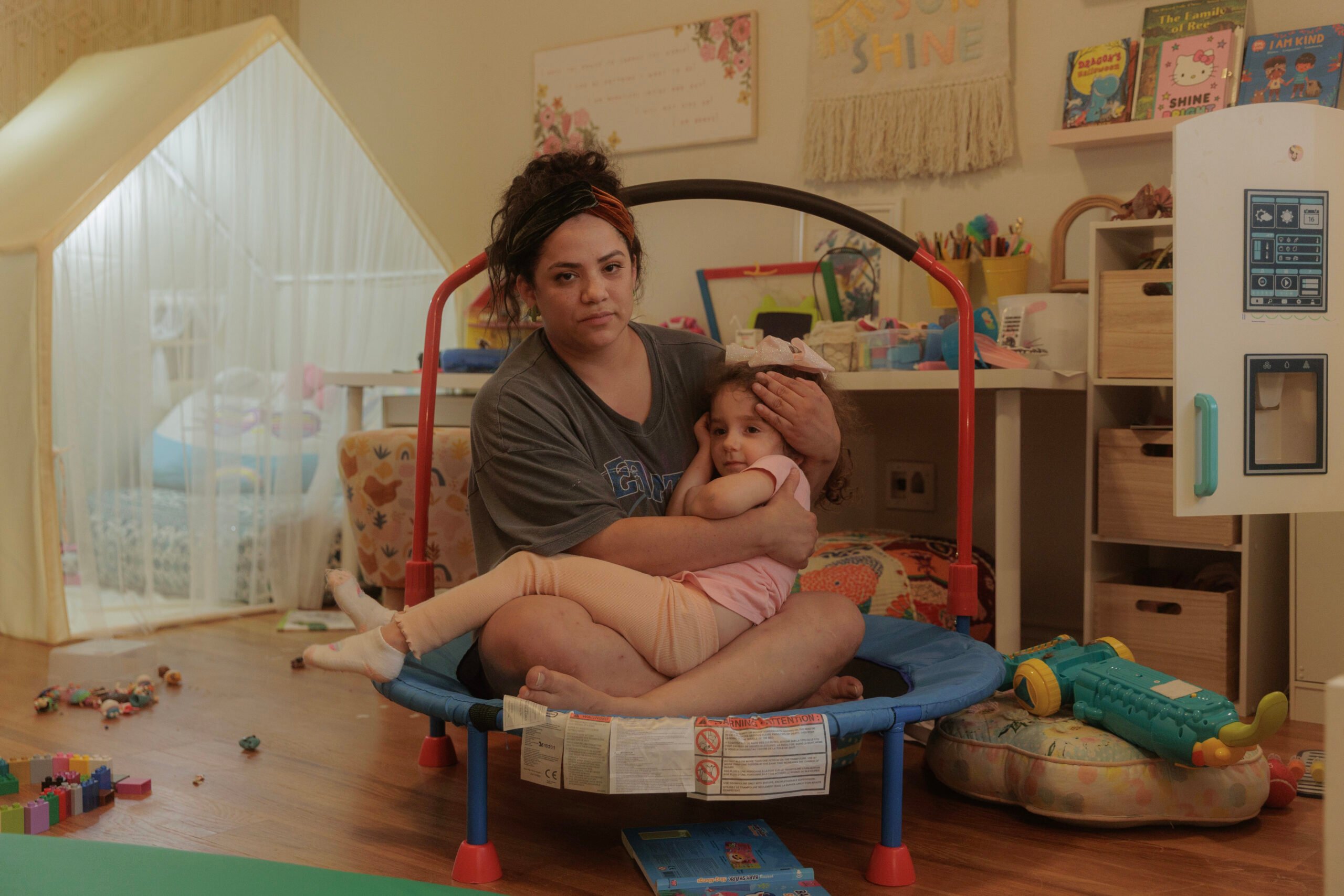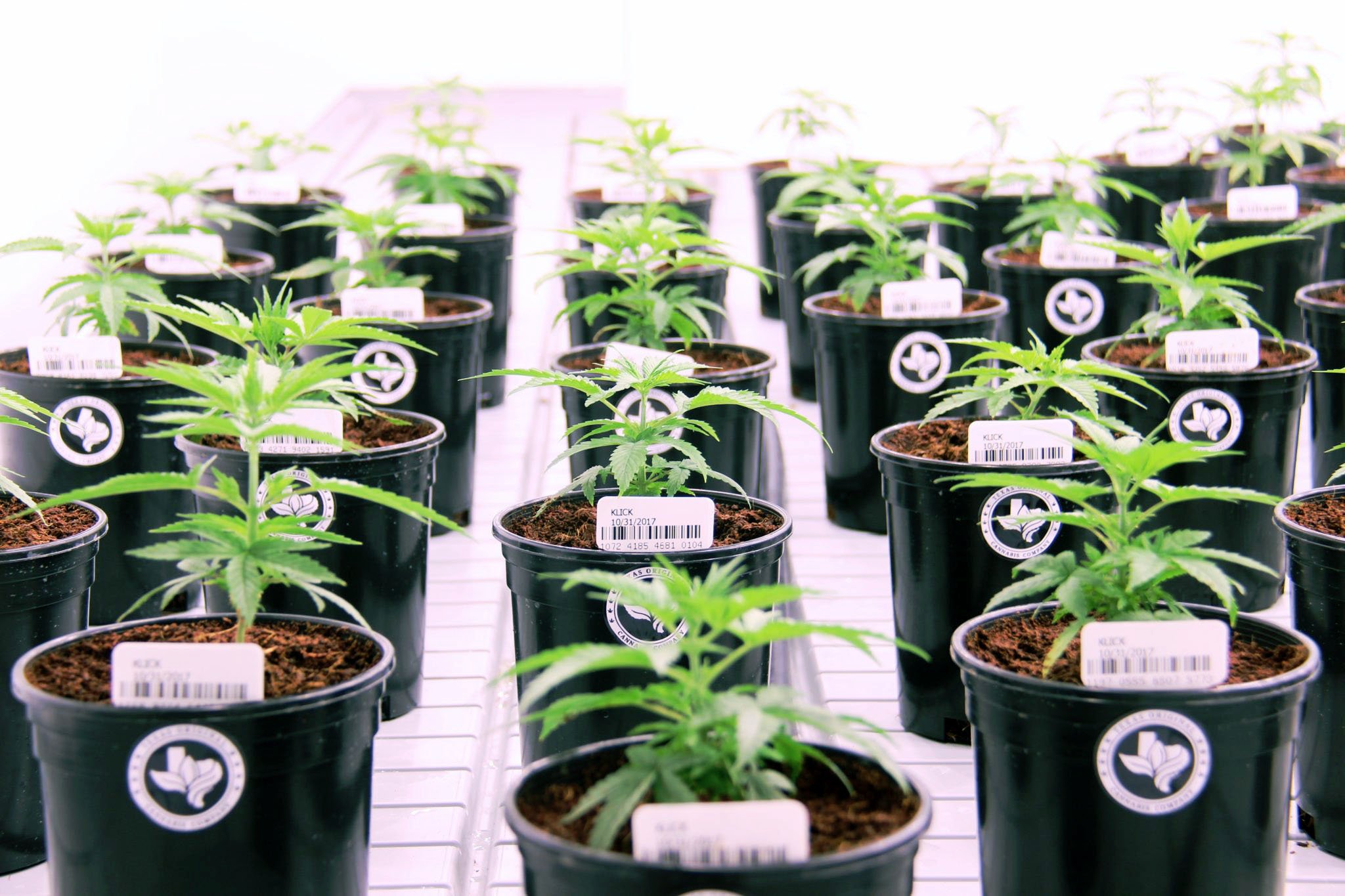
Klick Bait: Texas Medical Marijuana Facility Honors Conservative Lawmaker with Pot Strain
Representative Stephanie Klick was honored for her work on legalizing medical marijuana for certain patients with epilepsy. But she voted against expanding the legislation for other conditions this session.
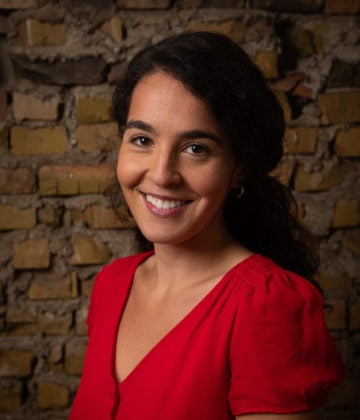
Above: The Klick Strain of medical marijuana grows at the Compassionate Cultivation facility.
On Tuesday night, inside a bland aluminum building in far South Austin, a few dozen people took turns poking their heads into the Honorable Representative Stephanie Klick Vegetation Room. Under bright fluorescent lighting, 64 small marijuana plants — dubbed the “Klick Strain” — stood in neat rows. No one was allowed to enter the room, for fear that the month-old plants could be contaminated. Outside, a small crowd — some in suits, some in cowboy hats — gathered in front of a stage, sipping beer out of plastic cups and eating catered barbeque. They’d come to celebrate the opening of Compassionate Cultivation’s new medical marijuana production facility, one of two licensed by the state to produce Texas’ first-ever legal marijuana crop. (A third facility is expected to get final approval soon.)
Among the gawkers was the plant’s namesake, state Representative Stephanie Klick, the Republican lawmaker who co-authored the 2015 Compassionate Use Act, which made it legal for registered doctors to prescribe cannabis oil with very low THC levels to patients with intractable epilepsy. The Texas law is extremely limited — it allows only specific doses from specific facilities for specific patients. It does not include any other ailments aside from epilepsy, and patients must demonstrate that pharmaceuticals have been ineffective. Still, Compassionate Cultivation took care to lavish praise and publicity on Klick.
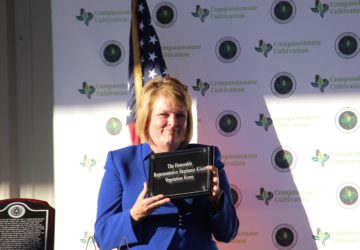
Wearing a conservative blue blazer that seemed a bit out of place at a celebration of marijuana, Klick accepted a plaque from Morris Denton, the CEO of Compassionate Cultivation.
“I thought this day would never come,” Denton said.
At the ceremony, Klick recounted how she came to author the law. She said she was moved by a constituent whose granddaughter suffered from uncontrollable seizures. The family and their physician convinced Klick there was a way to bring medical marijuana to Texas, “with a low risk of abuse.” Klick was careful to repeat “low risk of abuse” throughout the evening, wary of being seen as supportive of any kind of recreational pot.
“Everybody is not going to respond to this medicine, but for those who do, it’s life-changing,” Klick said.
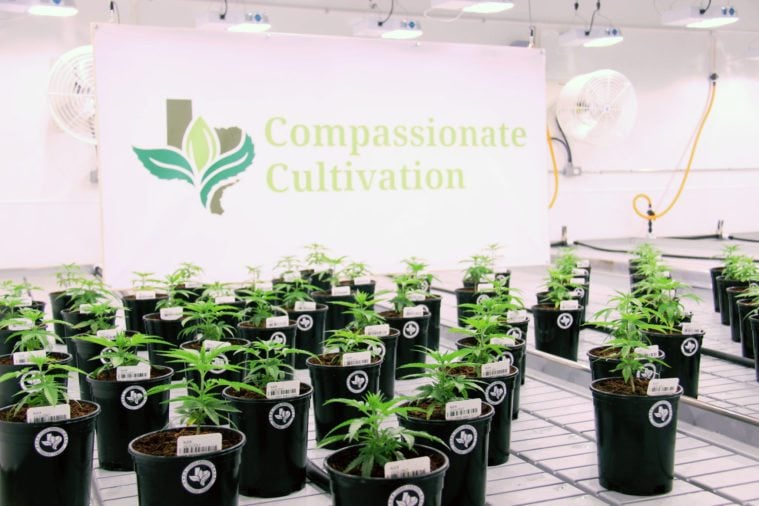
Yet there’s an underlying tension between Klick and those growing the weed named in her honor. The Fort Worth Republican is an unlikely, seemingly reluctant face for what celebrants Tuesday deemed to be the beginning of a path toward broader legalization of medical marijuana. Advocates praised the sale of cannabis to certain patients as an important first step. Denton said the program is “just the start” and “the beginning of a transformative sea change” in Texas. “I think there’s an ability for Texas to become a leader in this industry,” he said, by investing in research that “tests the efficacy of this plant on people across a variety of conditions and strains.”
But Klick voted against legislation this session that would broaden the Compassionate Use Act to other conditions.
In a hearing on a bipartisan bill to expand medical marijuana legalization this spring, patients, families, advocates and doctors flooded the room to share stories similar to that of Klick’s constituent. About 70 people testified on how medical marijuana was the only thing that worked to ease their ailments like cancer, epilepsy, autism, post-traumatic stress disorder (PTSD) and cerebral palsy.

The stories prompted far-right Arlington Representative Bill Zedler to say at the hearing, “Maybe we need to change the law.” He and 28 other Republicans signed on to co-sponsor the bill. They were among 78 of the chamber’s 150 members to sign on — but Klick did not. She and Four Price, the chair of the House Public Health Committee, were the only committee members to vote against moving the legislation forward. Though the bill made it out of committee, time ran out before it was considered by the full chamber. “It didn’t have the votes,” Klick whispered to me Tuesday, shaking her head.
To pass the Compassionate Use Act in 2015, Klick struggled to win over conservative lawmakers, many of whom were worried the legislation was a recreational bill that would “have kids smoking pot,” she said. “People were concerned we would take the Colorado approach rather than the Texas approach.”
Despite the PR blitz from advocates, Klick is still reticent to say she’s open to expanding medical marijuana laws: “I think we need to follow the science and the data.” She paused. “Perhaps research would be a good next step. People say [cannabis] can be used for this or it can be used for that. Those are test tube studies, they’re not animal or human studies. We need more data,” she told the Observer.

Denton, seated next to hear, winked and said, “We’re gonna get her the data.”
Back outside at the celebration, Denton gave a shoutout to Terri Carriker, whose daughter Catherine suffers from intractable epilepsy and will have access to medical marijuana under the new law. Carriker hopes the dose now allowed under the law will be enough to control Catherine’s seizures.
But for Carriker, the celebration Tuesday was bittersweet. “I appreciate that the program is up and running because it lays the foundation. Whoever is added next time doesn’t have to wait two years like we did,” Carriker said, tearing up in the parking lot outside the facility. “I’ll be back at the Capitol next session doing what we did last time. Ugh, we were so close!” Carriker raised and shook her fists. “I’m not stopping. Even though my daughter has access now, I’m not stopping.”


